The famous pets that belonged to history’s biggest leaders
The annals of history are filled with stories of powerful leaders and their animal companions. From regal steeds to loyal dogs, these pets often provided comfort and companionship to their famous owners. They also added a touch of humanity to those wielding great power.
Today, we explore the fascinating world of famous pets, delving into the unique relationships between historical figures and their furry (or feathered) friends. These tales reveal that the bonds between humans and animals transcend time and politics.
Alexander the Great’s Beloved Steed: Bucephalus
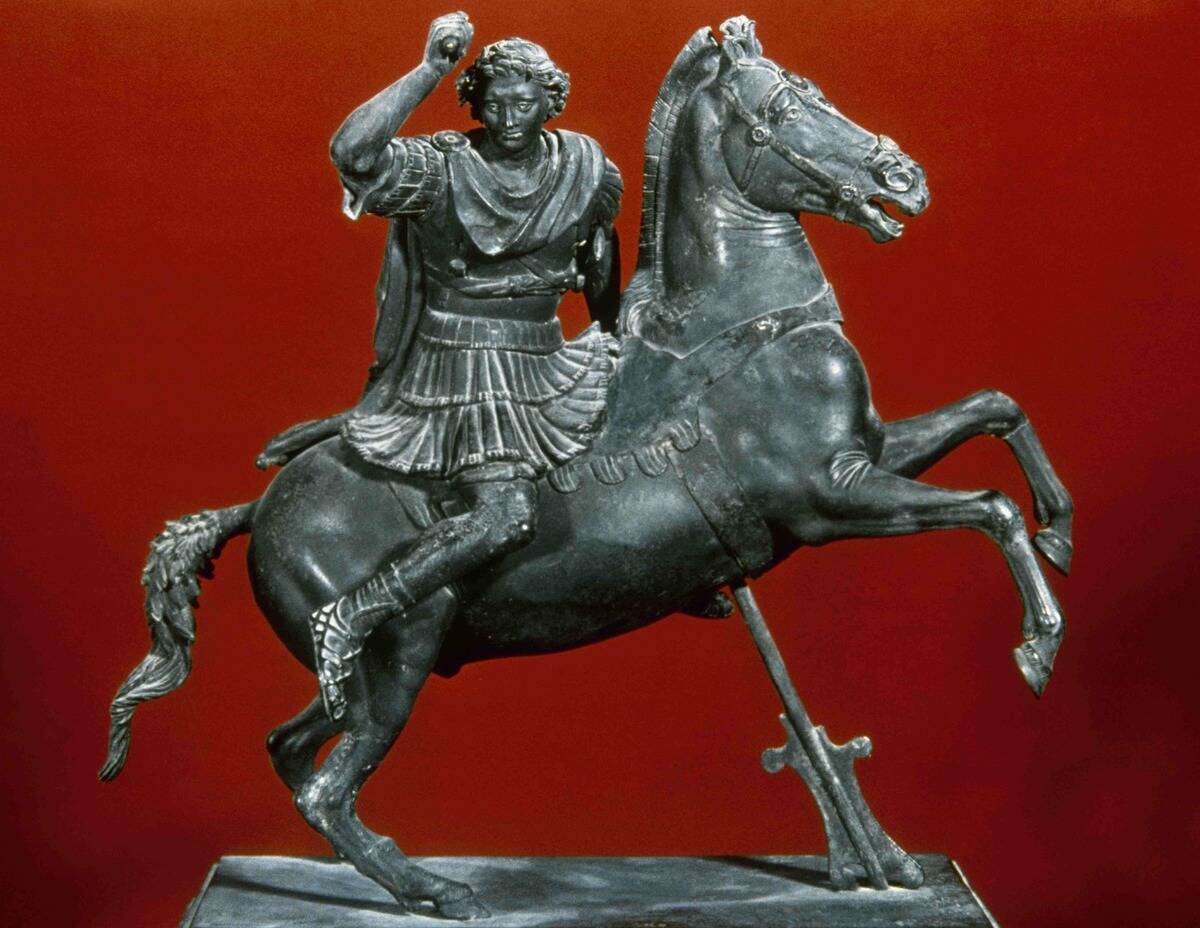
Alexander the Great’s legendary horse, Bucephalus, is a testament to the deep bond between a man and his mount. According to legend, Bucephalus was a massive steed, known for his fierce nature, until young Alexander tamed him.
Together, they conquered vast territories, with Bucephalus even carrying Alexander into the Battle of Issus. The bond was so strong that Alexander named a city, Bucephala, in his honor after the horse’s death after Bucephalus’s death following the Battle of the Hydaspes. This tale highlights the importance of trust and partnership in achieving greatness.
George Washington’s Herd: A Presidential Menagerie
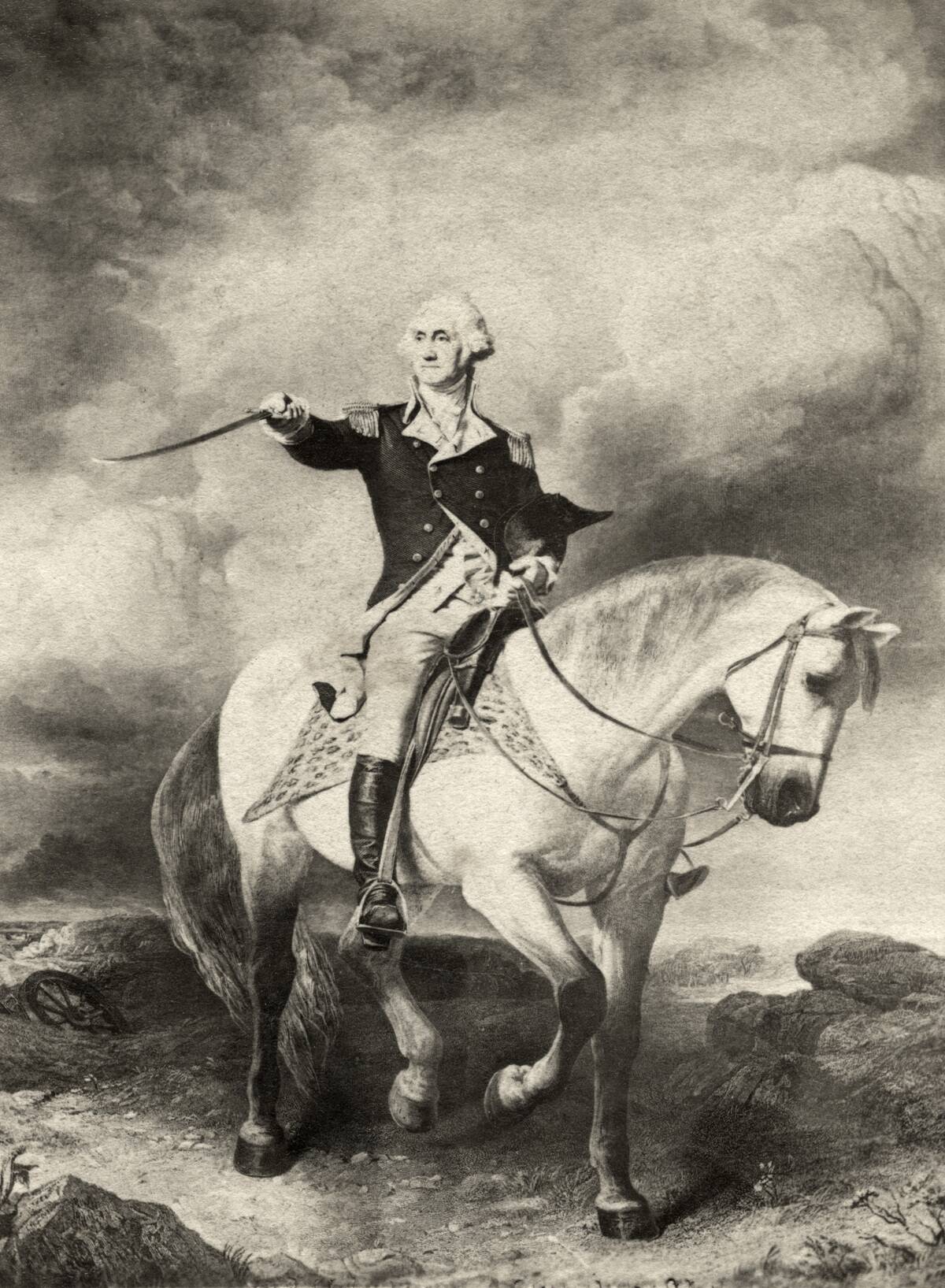
George Washington, the first President of the United States, had a fondness for animals, owning a diverse menagerie at his Mount Vernon estate. Washington’s collection included horses, hounds, and even a parrot.
His favorite horse, Nelson, was known for his calm demeanor during battles. Washington’s love for his animals extended to a keen interest in breeding and animal husbandry, reflecting his commitment to agriculture and rural life. His estate was a bustling hub of animal activity, showcasing his dedication beyond politics.
Abraham Lincoln’s Furry Friends: Fido and Jip
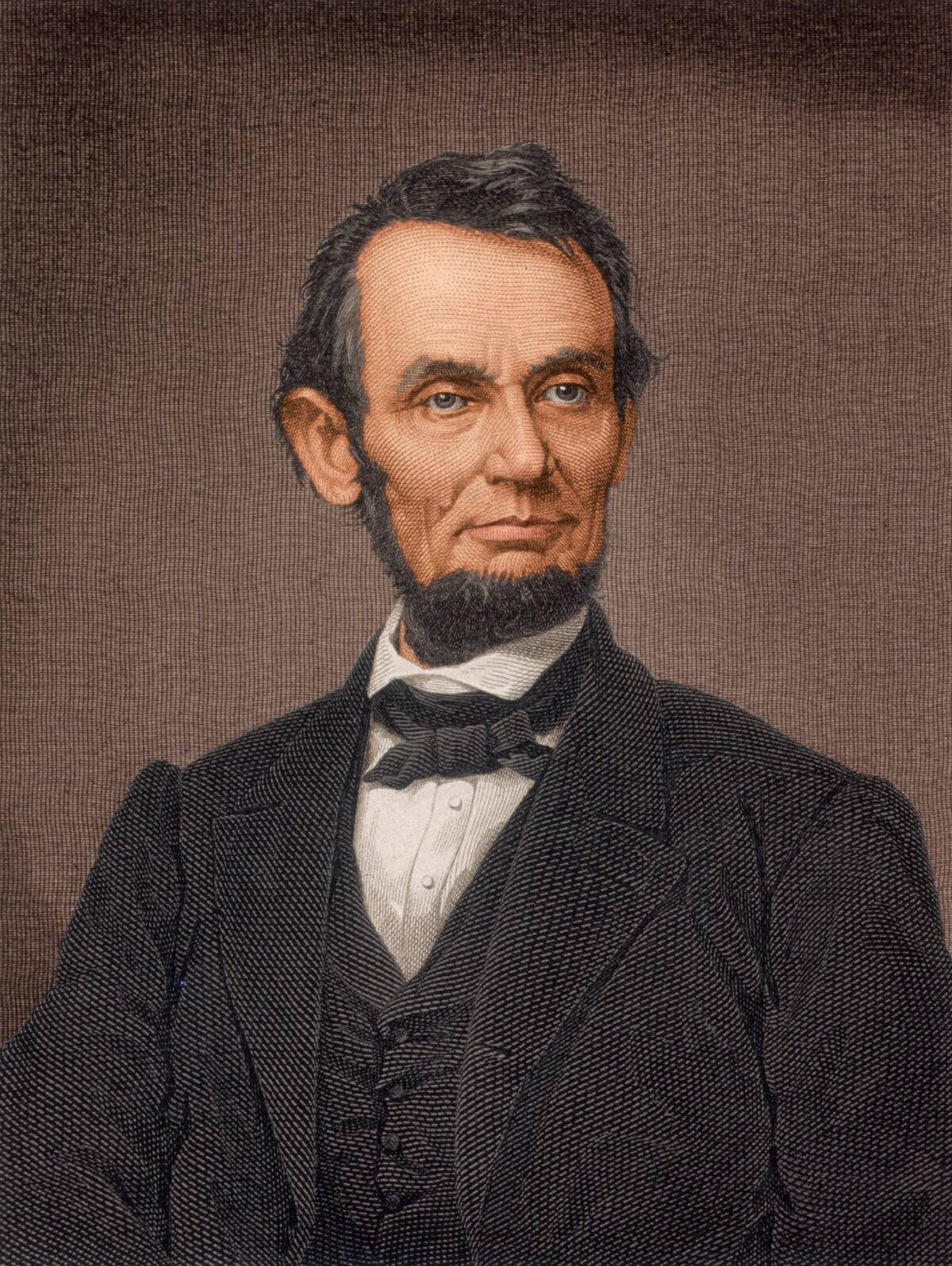
Abraham Lincoln, known for his compassion and humor, had a soft spot for animals, particularly his dogs Fido and Jip. Fido, a yellow mixed-breed dog, became a beloved member of the Lincoln family, known for his gentle nature.
The name ‘Fido’ even became synonymous with the typical family dog. Jip, Lincoln’s smaller dog, often kept him company during long hours at the White House. These pets provided comfort during the tumultuous years of his presidency, reflecting Lincoln’s empathy and kindness.
Winston Churchill’s Love for His Poodles
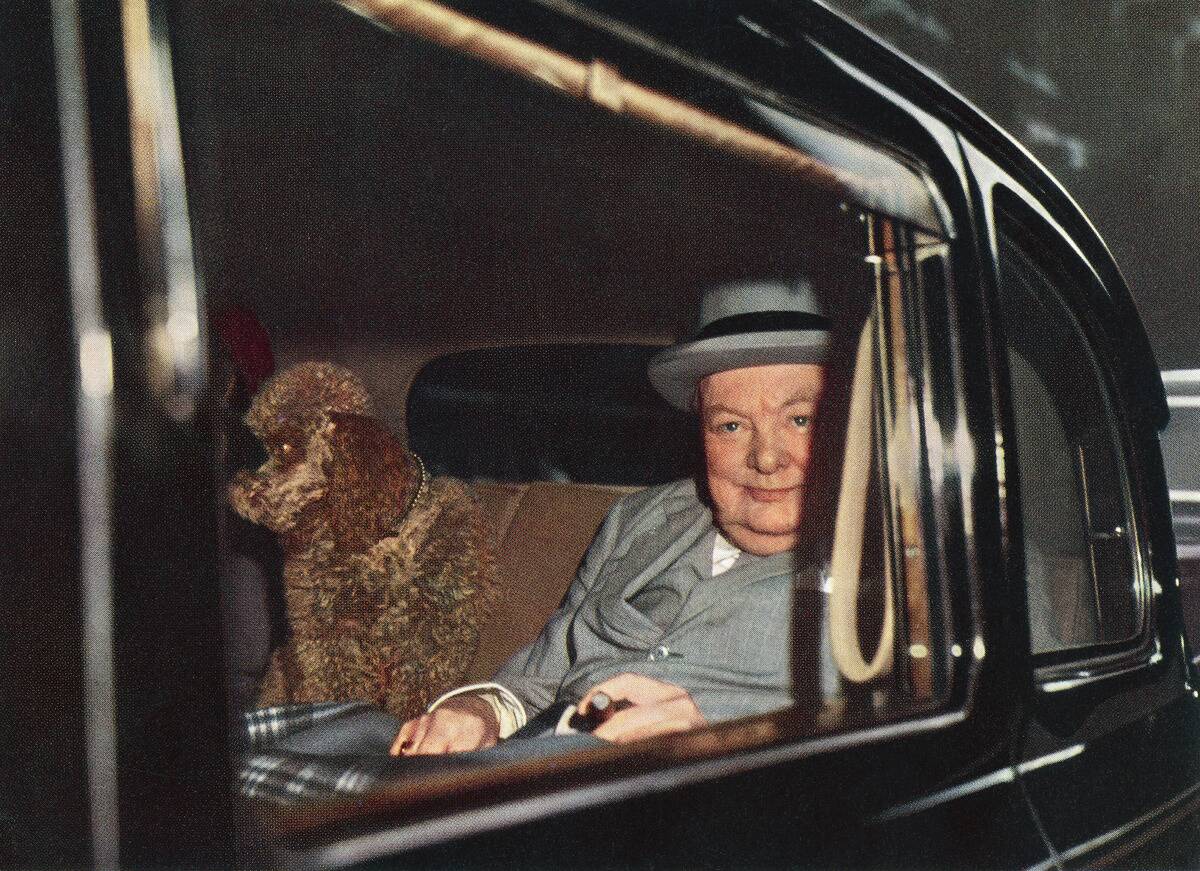
Winston Churchill, the indomitable British Prime Minister, had a well-documented affection for his poodles. Rufus and Rufus II were his constant companions during World War II. Known for their intelligence and loyalty, these poodles provided Churchill with much-needed solace during trying times.
Rufus relished the companionship, even joining Churchill in a cabinet room with President Roosevelt before Churchill said, “No Rufus, I haven’t found it necessary to ask you to join the wartime cabinet.” This quirky relationship highlights the comfort and companionship pets can offer, even to world leaders.
Franklin D. Roosevelt’s Loyal Companion: Fala the Scottish Terrier
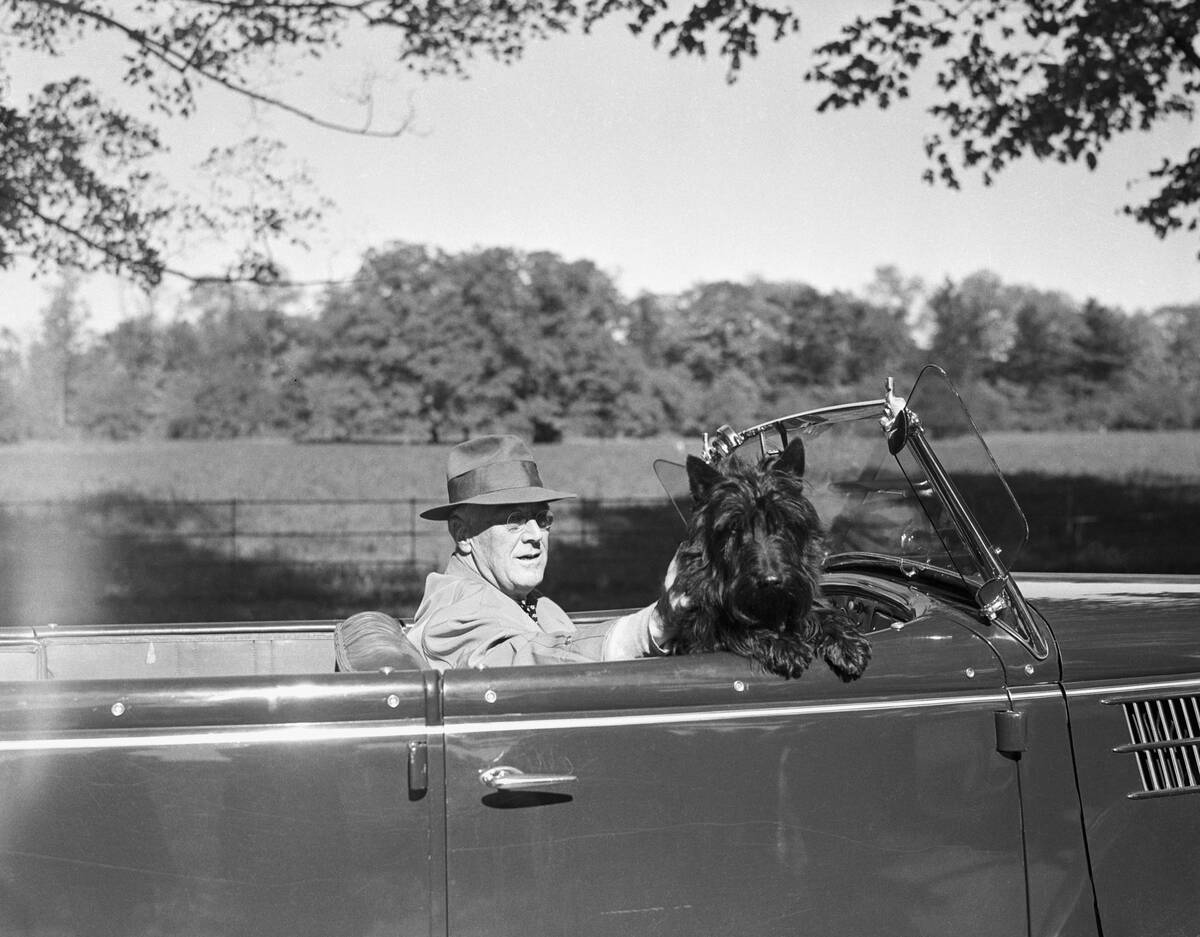
Fala, Franklin D. Roosevelt’s Scottish Terrier, was more than just a pet; he was a national icon. Fala accompanied Roosevelt everywhere, from important meetings to international trips.
Fala’s presence symbolized loyalty and resilience, traits that resonated with the American public during the Great Depression and World War II. Roosevelt’s bond with Fala showcased the enduring connection between leaders and their pets.
John F. Kennedy’s White House Zoo
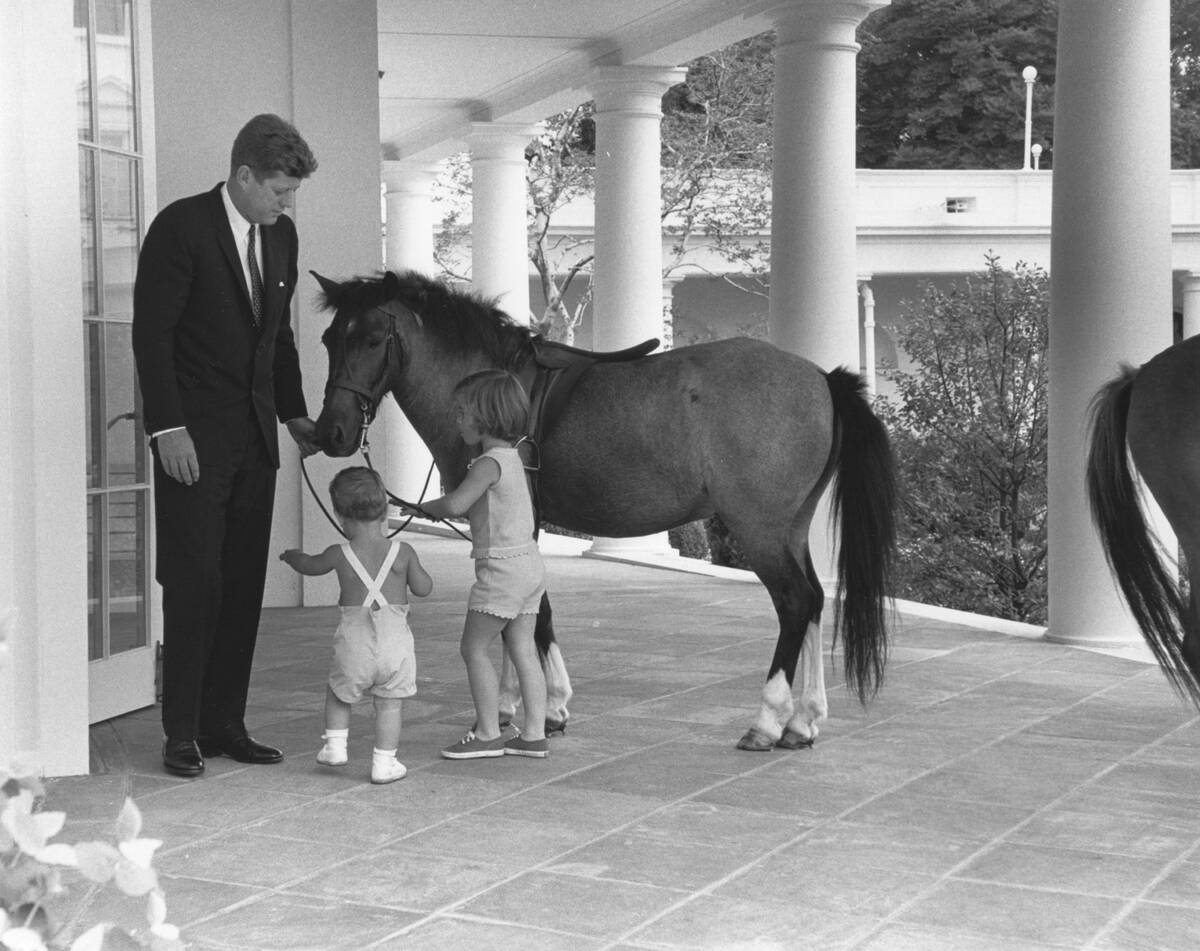
John F. Kennedy’s presidency was marked by a lively and diverse collection of pets at the White House. The Kennedy family owned a veritable zoo, including dogs, cats, hamsters, birds, and even two ponies named Macaroni and Tex.
The children, Caroline and John Jr., adored their pets, and the animals became a symbol of the youthful energy of the Kennedy administration. These pets not only brought joy to the family but also to the nation, offering a sense of warmth and normalcy.
Queen Elizabeth II and Her Corgis: A Royal Love
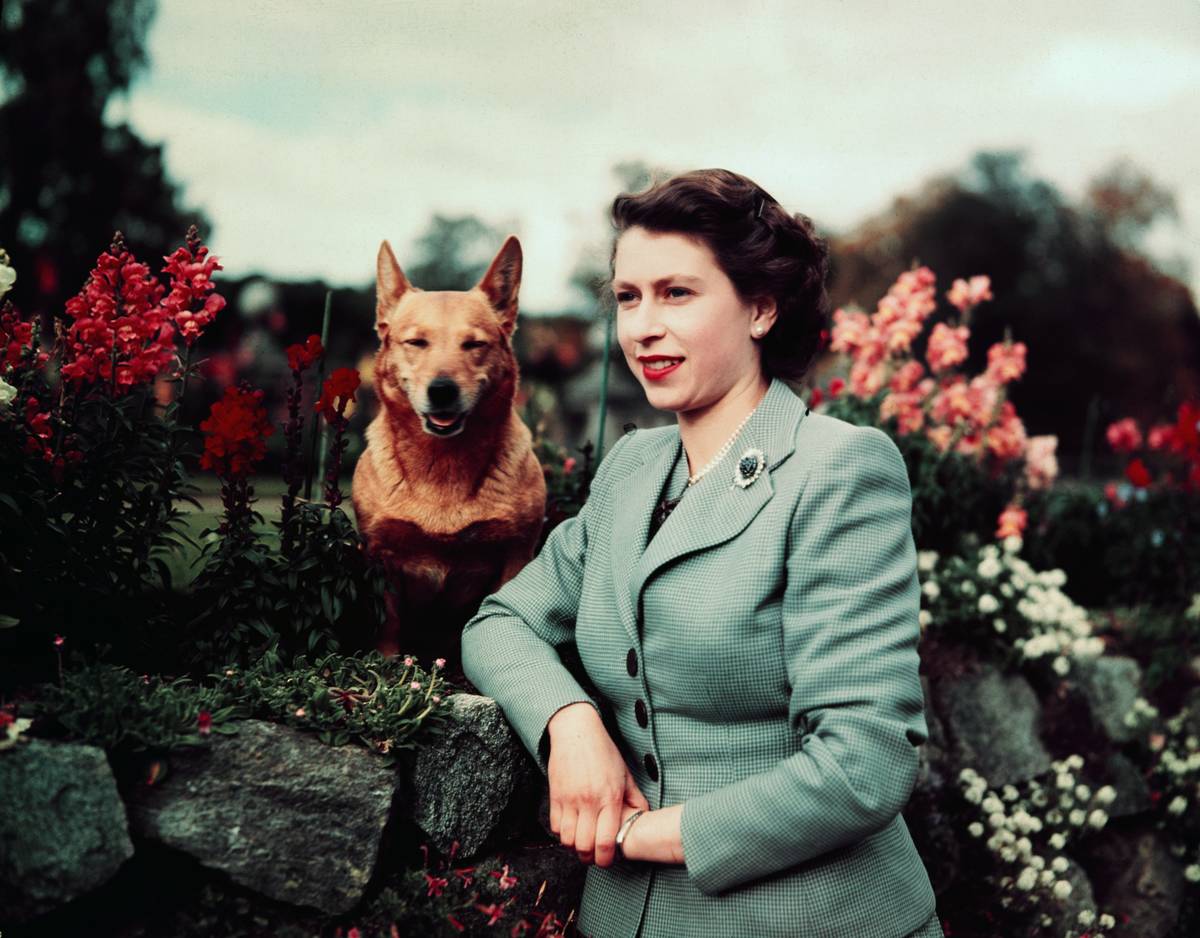
Queen Elizabeth II’s love for corgis is legendary, with these short-legged pooches becoming synonymous with the British monarchy. Her first corgi, Susan, was a gift for her 18th birthday, sparking a lifelong passion.
The Queen owned more than 30 corgis throughout her life, often breeding them herself. These dogs were not just pets but part of the royal family, often accompanying her on official duties. The Queen’s fondness for corgis is a testament to the loyalty and joy pets bring.
Vladimir Putin’s Pack: From Poodles to Akitas
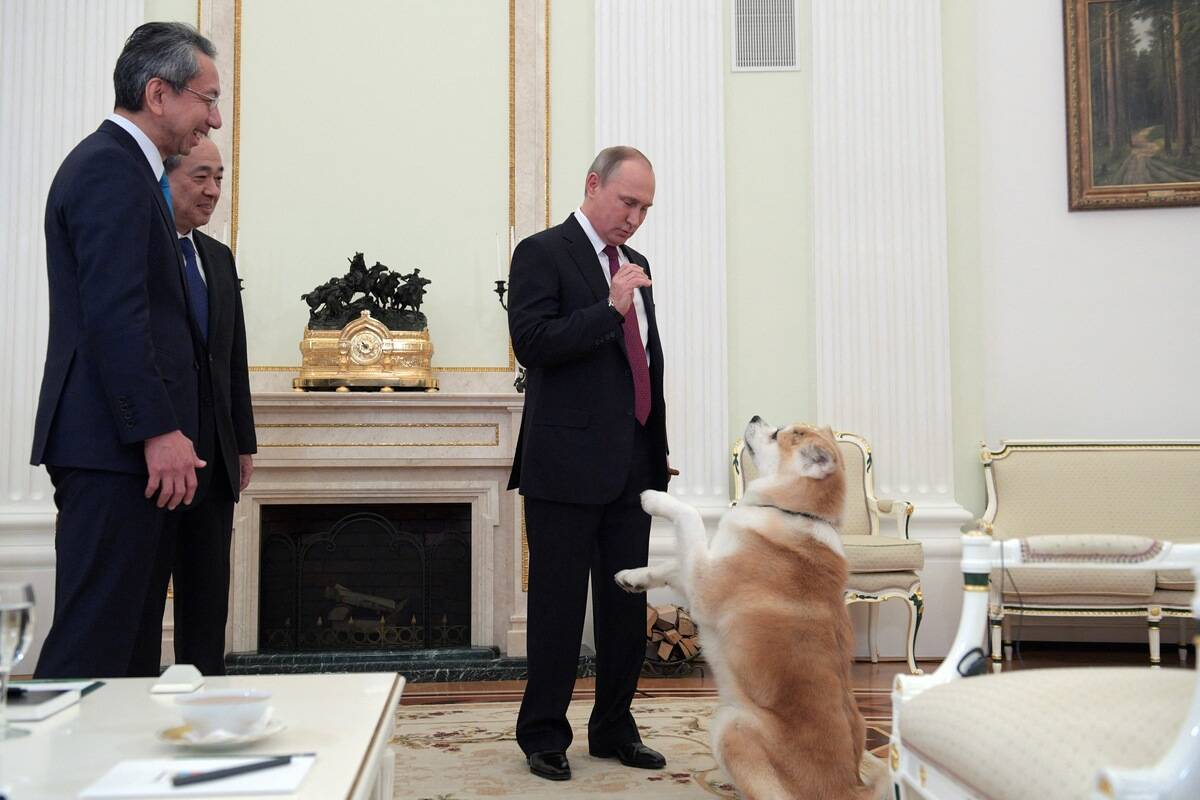
Vladimir Putin, the current President of Russia, has a well-documented fondness for dogs, with a pack that includes breeds like poodles and akitas. His first dog, Konni, a black Labrador, was a gift from Sergey Shoigu, the Russian Minister of Defense.
More recently, Putin received an Akita from Japan’s Akita Prefecture, symbolizing diplomatic goodwill after Russia assisted Japan during the 2011 Tōhoku earthquake and tsunami. These dogs often appear in publicity photos, showcasing Putin’s softer side. His affection for dogs underscores how pets can serve as personal and political symbols.
Napoleon Bonaparte and His Favorite Canine
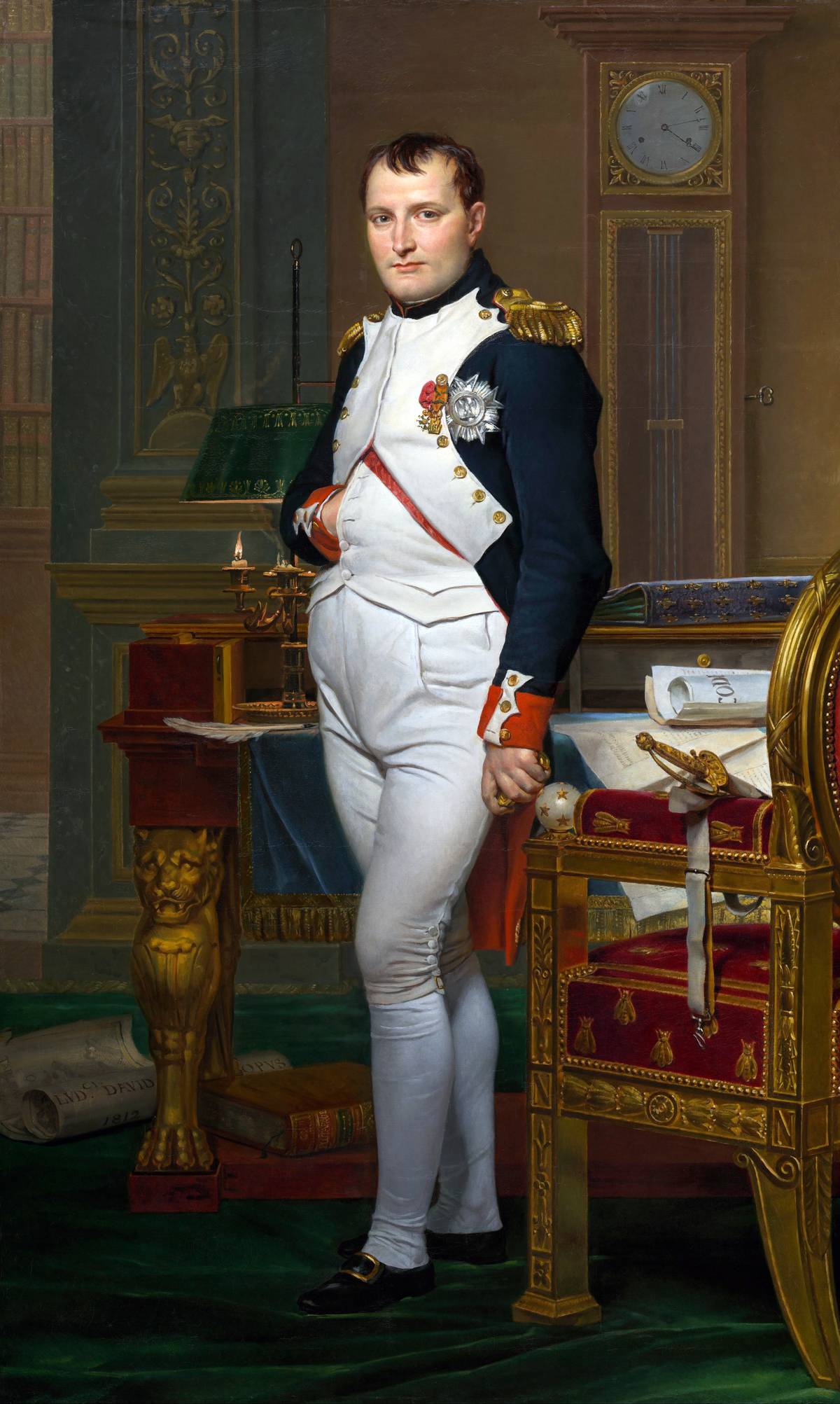
Napoleon Bonaparte, the formidable French military leader, had a lesser-known softer side when it came to his dog, Fortune. Fortune, a small pug, was reportedly very protective of Napoleon’s wife, Josephine.
The dog even bit Napoleon on their wedding night, showcasing its loyalty to Josephine. Despite this, Napoleon retained a fondness for the dog, illustrating the often-complicated relationships humans have with their pets. Fortune’s antics added a touch of humor to the life of an otherwise stern leader.
Barack Obama’s Playful Pooch: Bo the Portuguese Water Dog
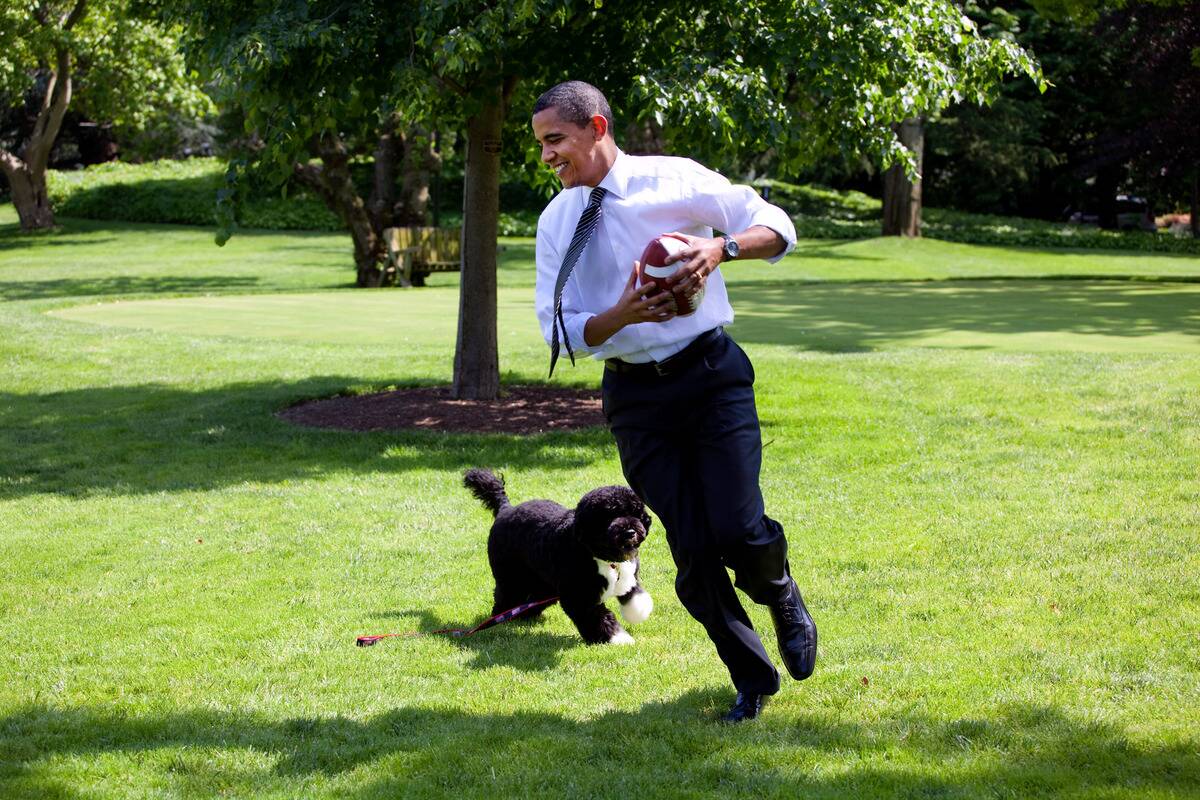
Barack Obama’s presidency was marked by the presence of Bo, a Portuguese Water Dog gifted by Senator Ted Kennedy. Bo quickly became a beloved figure in the White House, known for his playful demeanor and hypoallergenic coat.
The choice of breed was significant, accommodating the family’s allergies while providing companionship. Bo’s presence added warmth to the Obama administration, and he often participated in public events, endearing himself to the American people as a symbol of joy and family.



